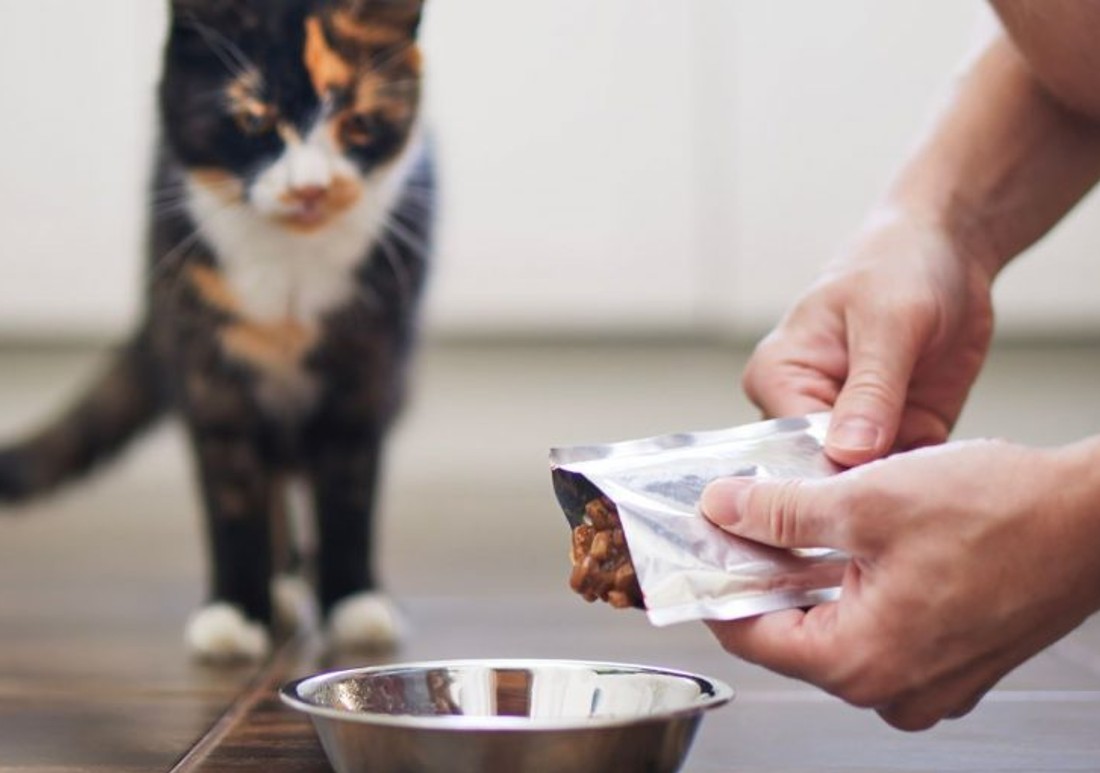How Much Should I Feed My Cat? Sample Schedules and Cat Feeding Tips

As responsible cat owners, providing our feline friends with a balanced and nutritious diet is paramount. However, determining the right amount of food to feed your cat can be perplexing, with overfeeding leading to obesity and health issues. At the same time, underfeeding deprives them of vital nutrients.
This blog will explore the essential question: “How much should I feed my cat?” By delving into sample feeding schedules and offering valuable cat feeding tips, we aim to ensure your beloved companion stays healthy and content. Understanding your cat’s unique needs, age, weight, and activity level is vital to crafting an appropriate diet plan. So, let’s dive in and learn how to keep your feline friend purring with delight through a well-balanced and well-timed feeding routine.
Understand Your Cat’s Unique Needs
Cats are individuals, and their dietary requirements vary based on age, weight, activity level, and overall health. Younger kittens require more frequent meals and different nutrients than adult or senior cats. It is crucial to consult with your veterinarian to determine the appropriate portion size and diet plan based on your cat’s specific needs.
Cat Feeding Guidelines
A general guideline for feeding adult cats is to provide around 24 to 35 calories per pound of body weight per day. However, this can vary depending on your cat’s age, activity level, and any medical conditions they may have. Always check the feeding instructions on the cat food packaging for specific guidelines. It’s essential to divide the daily portion into multiple small meals to prevent overeating and to mimic a more natural feeding behavior.
Sample Cat Feeding Schedules
Here are two sample feeding schedules for different life stages of cats:
A. Kitten Feeding Schedule:
6-8 weeks old: Four meals per day
8-12 weeks old: Three meals per day
3-6 months old: Three meals per day
6-12 months old: Two meals per day
After 12 months: Transition to an adult cat feeding schedule
B. Adult Cat Feeding Schedule:
1-2 years old: Two meals per day
3-10 years old: One to two meals per day
Over 10 years old: Two to three meals per day (consider senior cat food with age-specific nutrients)
Monitor Your Cat’s Weight
Obesity is a significant concern for domestic cats and can lead to various health issues, such as diabetes and joint problems. Regularly monitor your cat’s weight and body condition score to ensure they are maintaining a healthy weight. Adjust the portion sizes if you notice any weight fluctuations.
Avoid Free-Feeding
Free feeding, leaving food out all day for your cat to eat at will, can lead to overeating and obesity. Instead, stick to scheduled meal times and remove any uneaten food after a reasonable time. Consider using an automated cat feeder like the Petlibro automatic cat feeder for added convenience. This allows you to program and dispense controlled portions of food for your cat at specific intervals, helping to regulate their diet and prevent overindulgence.
Hydration Is Key
Cats have a low thirst drive, so it’s essential to encourage them to drink water. Provide fresh water in a clean bowl daily, and consider using a cat water fountain to entice them to drink more.
Choose High-Quality Cat Food
Opt for premium cat food formulated to meet your cat’s specific needs. Look for products with named meat sources as the primary ingredient and avoid those with excessive fillers, artificial additives, and preservatives.
Treats in Moderation
While treats can be a great way to bond with your cat or reward good behavior, they should only make up a small portion of their daily caloric intake. Overindulgence in treats can lead to an unbalanced diet and obesity.
Final Thoughts!
Feeding your cat appropriately is vital to their overall health and well-being. By understanding your cat’s unique needs, following sample feeding schedules, and implementing these cat feeding tips, you can ensure that your feline friend receives the right nutrition to lead a long, healthy, and happy life. Always consult your veterinarian for personalized advice and dietary recommendations tailored to your cat’s needs.
Your Pet’s Best Interest, Always
At Pet Institute, we take pet care seriously. We're dedicated to transparency, impartiality, and the well-being of your pets in every article, review, and recommendation we provide. Our unwavering commitment to these principles ensures that you, our valued reader, always receive reliable and unbiased information. Let us be your trusted guide in the world of pet care and companionship.